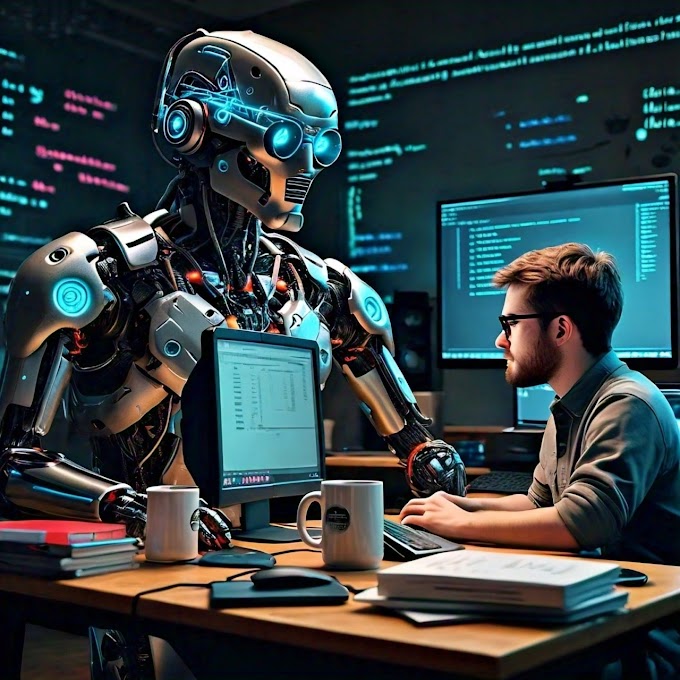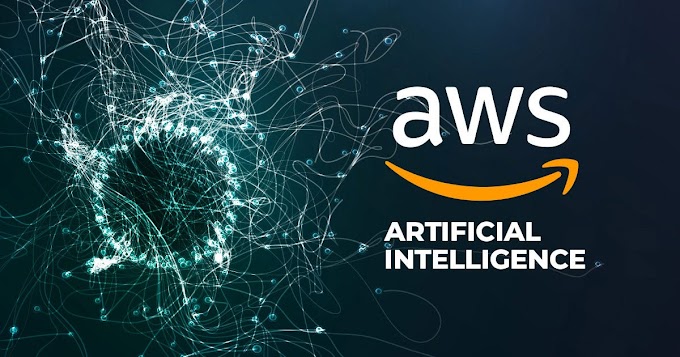Introduction:
Man-made reasoning (artificial intelligence) has quickly changed the manner in which we live, work, and communicate with innovation. From chat bots and menial helpers to self-driving vehicles and high level information investigation, man-made intelligence has infiltrated different ventures, promising development and proficiency. While man-made intelligence presents various open doors and advantages, it additionally brings up issues about its effect hands on market. In this blog entry, we will investigate the broad results of man-made intelligence on work and proposition bits of knowledge into how people and associations can explore this steadily developing scene.
- The simulated intelligence Insurgency: A Two sided deal:
Man-made intelligence has prompted huge changes in the work market. On one hand, it has set out new position open doors in simulated intelligence advancement, information science, and AI. Then again, it has upset customary work jobs and businesses, prompting worries about work dislodging and computerization. Understanding this double nature of computer based intelligence is essential to get a handle on its actual effect hands on market.
- Work Relocation and Computerization:
The widespread adoption of AI in various sectors, from manufacturing to customer service,had lead to increase automation.
Standard, dull errands are being computerized at an uncommon speed, which might possibly uproot laborers in these jobs. Notwithstanding, it's vital to take note of that while certain positions might be supplanted, new positions will arise as the man-made intelligence environment grows.
- The Ascent of Expansion:
As opposed to just supplanting position, artificial intelligence frequently expands human abilities. Simulated intelligence advances can upgrade independent direction, computerize ordinary errands, and give important experiences that empower laborers to be more useful and proficient.
This augmentation can lead to the transformation of existing job roles, making them more fulfilling and intellectually challenging.
- Expertise Development: The New Labor force Basic:
As man-made intelligence turns out to be progressively necessary to the work environment, the interest for a labor force with computerized and information education abilities is rising. To thrive in the AI-dominated job market, individuals need to adapt and acquire skills in areas such as data analysis, programming, and AI ethics. Long lasting learning and upskilling have become fundamental for profession development.
- New Vocation Potential open doors:
Artificial intelligence's development opens up new vocation roads. The field of artificial intelligence improvement, AI, and information science offers energizing open doors for the people who put resources into building the imperative abilities. Furthermore, artificial intelligence spikes the development of artificial intelligence morals and man-made intelligence guideline, prompting new position jobs in guaranteeing the capable utilization of man-made intelligence.
- Tending to Disparity:
The effect of computer based intelligence hands on market isn't uniform. It can worsen monetary imbalances, as certain specialists might battle to adjust while others flourish. Policymakers and associations should resolve this issue by executing preparing and reskilling programs and advancing consideration in computer based intelligence related fields.
- The Role of Government and Businesses:
Governments and businesses play a crucial role in mitigating the negative consequences of AI on the job market. Government policies can encourage investment in education, training, and reemployment programs. Businesses should be responsible in their AI adoption, ensuring that they prioritize job retention and ethical AI practices.
Conclusion:
The impact of artificial intelligence on the job market is complex and multifaceted. While it brings forth concerns of job displacement, it also creates opportunities for individuals and organizations to thrive in the digital age. To adapt and succeed, a commitment to continuous learning, a focus on skill development, and responsible AI adoption are key. By navigating this transformative landscape thoughtfully, we can harness the power of AI to create a more efficient, innovative, and inclusive job market for the future.








